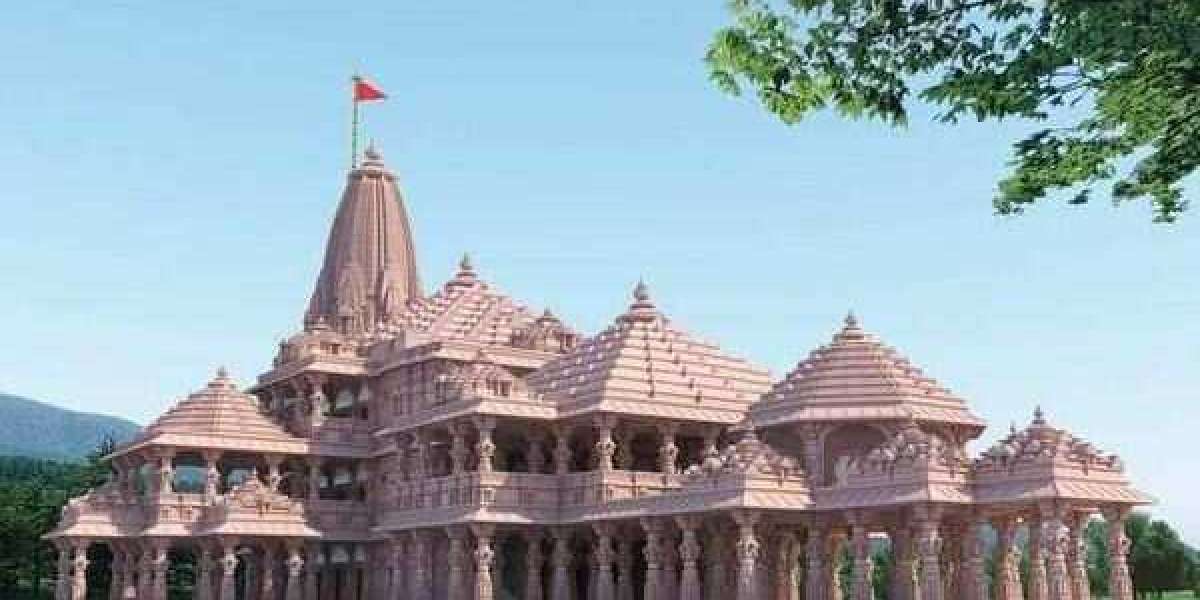The Ayodhya dispute over the core issues of Ram Janmabhoomi and Babri Masjid has been a historical, social and religious controversy since the 90s.
The Ayodhya dispute has been a major cause of tension between the Hindu and Muslim communities, this dispute has also made a great impact in the country's politics.
It is claimed by many political parties that Shri Ram, the deity of Hindus, was born exactly where the Babri Masjid was.
The Mughal ruler Babur had reached Ayodhya by 1528, and Babur's general built a mosque in 1528–1529. Since Babur built this mosque, this mosque was named Babri Masjid,
Hindus claim that the place where the mosque was built is the birthplace of Shri Ram.
Controversy erupted for the first time in 1853 and communal riots over Shree Ram Birthplace.
In 1949, Hindu and Muslim parties filed a lawsuit in the court, claiming that the idols of Rama were found in the mosque, while Muslims expressed their opposition to it, as a result of which the government declared the site disputed Locked.
A campaign was launched by the Vishwa Hindu Parishad to build the Ram temple in 1984 and liberate the birthplace of Lord Rama, which was later led by LK Advani, a prominent leader of the Bharatiya Janata Party. And only a few years later the Vishwa Hindu Parishad laid the foundation of the Sri Ram temple near the disputed site.
The biggest communal riot in the Ayodhya dispute in 1992 occurred this year, when activists of Vishwa Hindu Parishad, Shiv Sena and Bharatiya Janata Party demolished the Babri Masjid on 6 December. More than 2000 people died during this communal violence
In 2002, the Vishwa Hindu Parishad announced the commencement of the Ram temple work, activists gathered in Ayodhya from across the country. 58 people died as a result of a train attack on Hindu train returning from Ayodhya in Godhra, Gujarat.
Court hearing on Ram Janmabhoomi and Babri Masjid dispute in 2010 completed This hearing was seen as a big decision by the whole country in which Ayodhya dispute site was declared as Ram Janmabhoomi and divided into three parts.
In 2019, a five-judge constitutional bench in a 40-day hearing directed the government to set up a trust in three months to build the Ram temple, as well as giving separate five acres of land to the Muslim side to build a new mosque.







